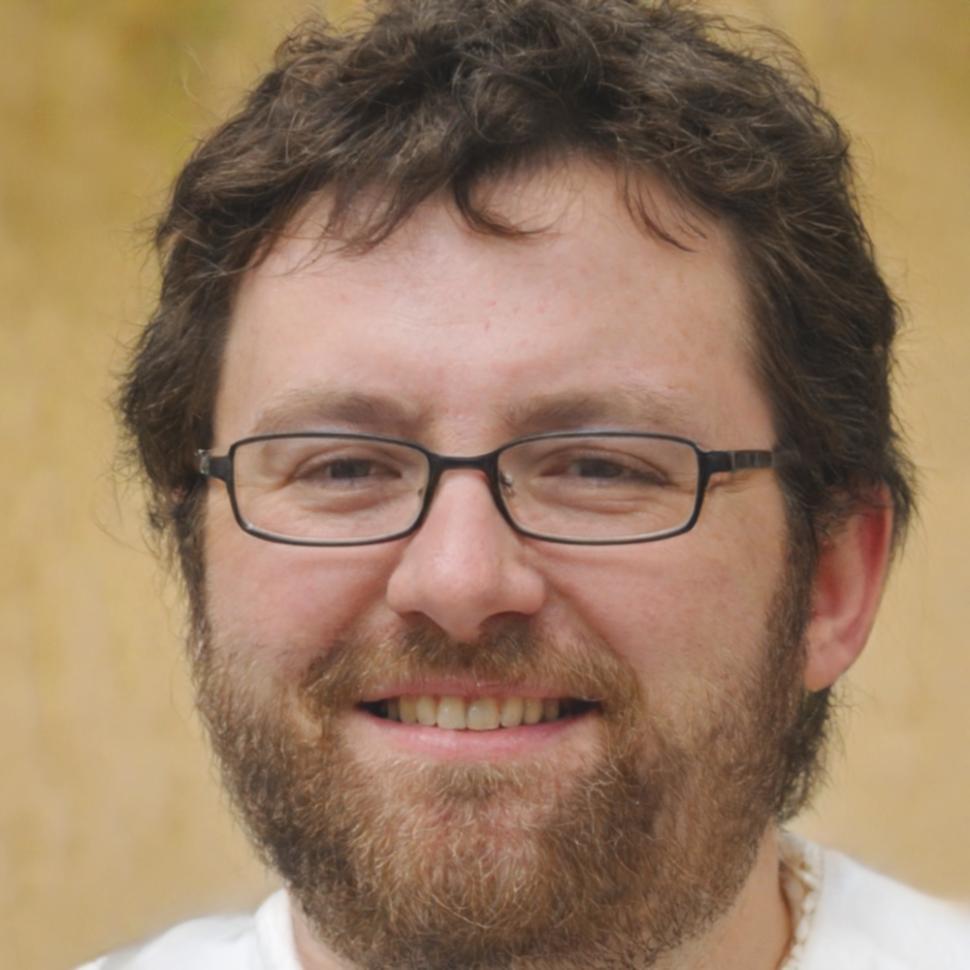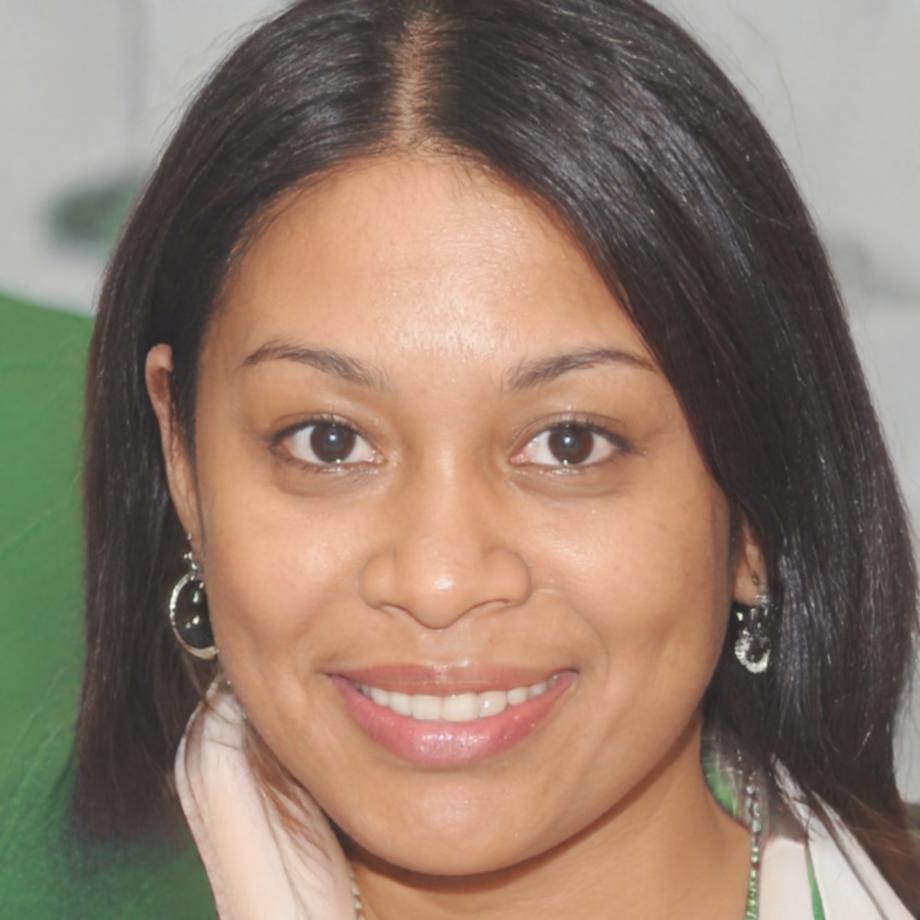Build Financial Clarity Through Economic Planning
Most people struggle with money because they never learned how planning actually works. We teach practical approaches to budgeting, resource allocation, and long-term thinking—methods that work whether you're managing household finances or business operations.
Explore Our Programs
Deep Research Into Financial Behavior
We've spent years studying how people make economic decisions. Our findings challenge common advice and reveal what actually helps individuals gain control over their financial lives.

Why Traditional Budgeting Fails
Rigid budget categories don't match how people actually spend. Our research shows flexibility within structure works better—allocate by priority, not predetermined percentages.

The Planning Paradox
Over-planning creates analysis paralysis. We've documented how simple frameworks lead to better decisions than complex spreadsheets. Sometimes less really is more.

Resource Timing Matters
It's not just about having money—it's about having it when you need it. Cash flow timing affects everything from stress levels to opportunity costs.

Where Economic Planning Is Heading
Financial education is changing. The old models—taught by institutions with conflicting interests—are giving way to methods that prioritize individual goals over product sales.
Between now and 2026, we're seeing shifts in how people approach money management. Digital tools provide more visibility. Behavioral economics gives us better strategies. And people are demanding education that serves them, not financial service providers.
- Focus shifting from complex instruments to fundamental principles
- Integration of psychological factors into planning processes
- Recognition that one-size-fits-all advice doesn't serve anyone well
- Growing emphasis on stress reduction through proactive planning
Learning That Adapts To You
People learn differently. Some need visual frameworks. Others process through conversation. We've built multiple paths to the same destination because effective education meets learners where they are.
Structured Course Path
Sequential modules that build concepts progressively. If you like clear progression and completing things in order, this works well. Starts autumn 2025 with cohorts of 20-25 participants.
Workshop Series
Focused sessions on specific topics—budgeting one week, debt strategy the next. Attend what you need when you need it. Flexible scheduling throughout 2025 and into 2026.
Case Study Analysis
Real scenarios, complex decisions, group discussion. Learn by examining actual financial situations and exploring multiple solution paths. Monthly sessions starting September 2025.
Self-Paced Materials
Access frameworks, templates, and recorded sessions on your schedule. Good for people who work irregular hours or prefer learning independently. Available to all enrolled students.
How Our Programs Develop
Financial education isn't instant. Building real competence takes time and practice. Here's what that actually looks like over several months.
Foundation Phase
First 6-8 weeks focus on assessment. Where are you now? What patterns exist? You'll track your actual financial behavior—not what you think it is, but what the data shows.
Framework Development
Weeks 9-16 build your personal system. Not a generic budget—a planning method that matches your income patterns, obligations, and priorities. This is where customization happens.
Implementation Testing
Months 5-7 involve real-world application with regular check-ins. Plans meet reality. Adjustments happen. You learn what works for your specific situation through actual experience.
Advanced Strategies
Final months expand into optimization and long-term planning. Once basics are solid, you can explore more sophisticated approaches to resource allocation and goal achievement.
What Students Actually Say
Real feedback from people who completed our programs in 2024.

Minh Nguyen
Small Business Owner
"I expected generic advice. Instead, I got tools to analyze my actual situation. The framework approach made way more sense than prescriptive budgets. Six months in, I have better visibility into where money goes and why."

Linh Tran
Marketing Professional
"The case study sessions were incredibly helpful. Seeing how others approached financial decisions gave me perspective on my own choices. I'm still using the prioritization method I learned—it's reduced a lot of decision stress."